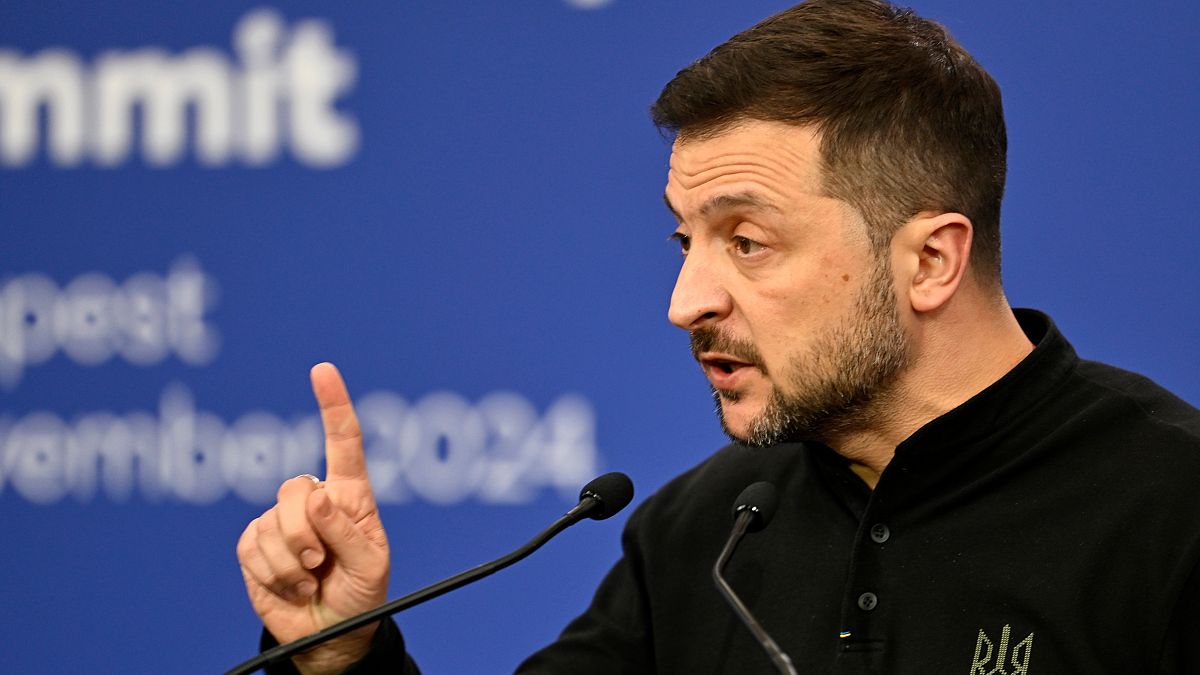A global drug-resistance crisis demands a global response
Resistance to antimicrobials is growing. Urgent action and global collaboration are needed to save lives. Could UNGA be a turning point?

The global health agenda can often feel like a space crowded with new, ever more deadly outbreaks, each vying for attention. But one of the greatest health challenges the world faces is perhaps a lesser known one – the ability of pathogens like viruses, bacteria and fungi to develop resistance to the drugs used to treat them.
Antimicrobial resistance, or AMR, might seem like an intangible threat, something people aren’t experiencing around the world right now. But the reality is that we are living in an AMR crisis. AMR is an invisible enemy. Hospitals don’t have AMR-specific wards, but resistant infections are faced throughout healthcare, from neonatal care and cancer wards to A&E and the care of the elderly, often without clinicians or patients being aware of the ineffectiveness of the drugs used.
Drug resistance could have profound implications for modern healthcare as we know it, like orthopedic surgery and cancer treatment, if urgent action is not taken. However, with several upcoming opportunities for global health leaders to join forces against AMR, we can turn the tide on this growing threat.
Antimicrobial resistance, or AMR, might seem like an intangible threat, something people aren’t experiencing around the world right now. But the reality is that we are living in an AMR crisis.
People are dying around the world in alarming numbers. In 2019, over 1.27 million people died from drug-resistant infections, a higher burden than either HIV/AIDS or malaria. Due to underreporting and limited data from the areas most impacted, this is likely an underestimation of the true burden. Without action, these numbers could increase significantly over the coming years.
Decades of industry disinvestment in developing new antibiotics means the limited pipeline of drugs will not be enough to meet the challenge of increasing resistance making current treatments rapidly ineffective.
This crisis is not felt equally. Ultimately those shouldering most of the burden are living in low- and middle-income countries (LMICs). A new report showed that Africa has the world’s highest death rate from AMR, accounting for over 20% of global drug-resistant deaths in 2019. Inconsistent, unequal access to diagnostics, treatments and vaccines, as well as clean water, sanitation, hygiene and infection prevention all contribute to this disproportionate impact due to increased infection spread.
People are dying around the world in alarming numbers. In 2019, over 1.27 million people died from drug-resistant infections.
While national action plans have been developed, there has not been enough investment or coordination to effectively respond to AMR on a global and national scale, alongside lacking proper international frameworks or targets to guide this response.
However, there is an opportunity to change this. At the UN General Assembly later this month, leaders from around the world will hold a landmark meeting to discuss the burden of AMR on global health and economies.
Despite geopolitical divisions, decision-makers are sitting up and taking notice of the scale of this issue. The growing AMR community has meant more awareness of AMR than ever before on the political stage, and increased attention on equity, research and development (R&D), and financing.
However, a lack of accountability or action remains. I have worked on AMR for over a decade and have seen many promises fail to come to fruition. Each time we fail to act the challenges we face become greater, particularly for those most at risk. This is the year for action, and those of us at the scientific or political forefront must ensure that the momentum we are currently seeing is carried forward beyond UNGA, turning promises into concrete outcomes that benefit global health for all.
As the AMR issue grows, so does our knowledge and data. We must capitalize on this. The growing body of evidence needs to be impartially collated, analyzed and evaluated. Wellcome is among those calling for an international evidence panel, which will be crucial to understand the context-specific solutions needed, monitor progress, and implement effective global and national action plans. It is hoped that member states will commit to this at UNGA, and regular meetings to track progress and maintain momentum beyond this year.
The world cannot be complacent. Pathogens don’t recognize borders, and neither should our efforts to improve global health. With collated, coordinated evidence from all around the world, AMR governance can focus on equitable interventions for a truly global response.
To be a success and produce usable and useful recommendations that can be sustained in the long term, this panel must be scientifically independent, politically neutral, and member state built and owned. One way to ensure this is to have a membership that reflects where the highest burden lies, ensuring that the voices of the most impacted are represented.
Only by engaging with and understanding the needs of those impacted by AMR can effective context-specific solutions be implemented sustainably in real-world settings.
The world cannot be complacent. Pathogens don’t recognize borders, and neither should our efforts to improve global health.
There is no one-size-fits-all solution, different countries will have different priorities. We need a multifaceted approach on a global and national level to tackle issues in different settings. Many countries, especially LMICs, face significant barriers in financing AMR interventions such as preventing, controlling and treating infectious diseases. An evidence panel could help identify key areas where funding could have the greatest effect, or where R&D investment could help plug knowledge gaps. Additionally, it could guide member states on how to improve their country’s access to existing, appropriate antibiotics.
The high-level meeting on Sept. 26 will be a pivotal day for AMR. High-level meetings come and go, but I am hopeful that this opportunity will be followed by global and national action through ministerial meetings, international commitments and action on the ground. We have a global responsibility to address this challenge together. Any declaration or commitment should not just be a promise but followed through to effective and equitable implementation to stop the rise in preventable deaths.
We must move beyond words to action and ensure that 2024 is the starting point for deeper, more sustained political engagement and multi-sectoral collaboration. Countries must take this opportunity to maintain political momentum, creating long-term governance structures that have been missing for the last decade to ensure sustainable action into the next decade and beyond.
What's Your Reaction?


















































